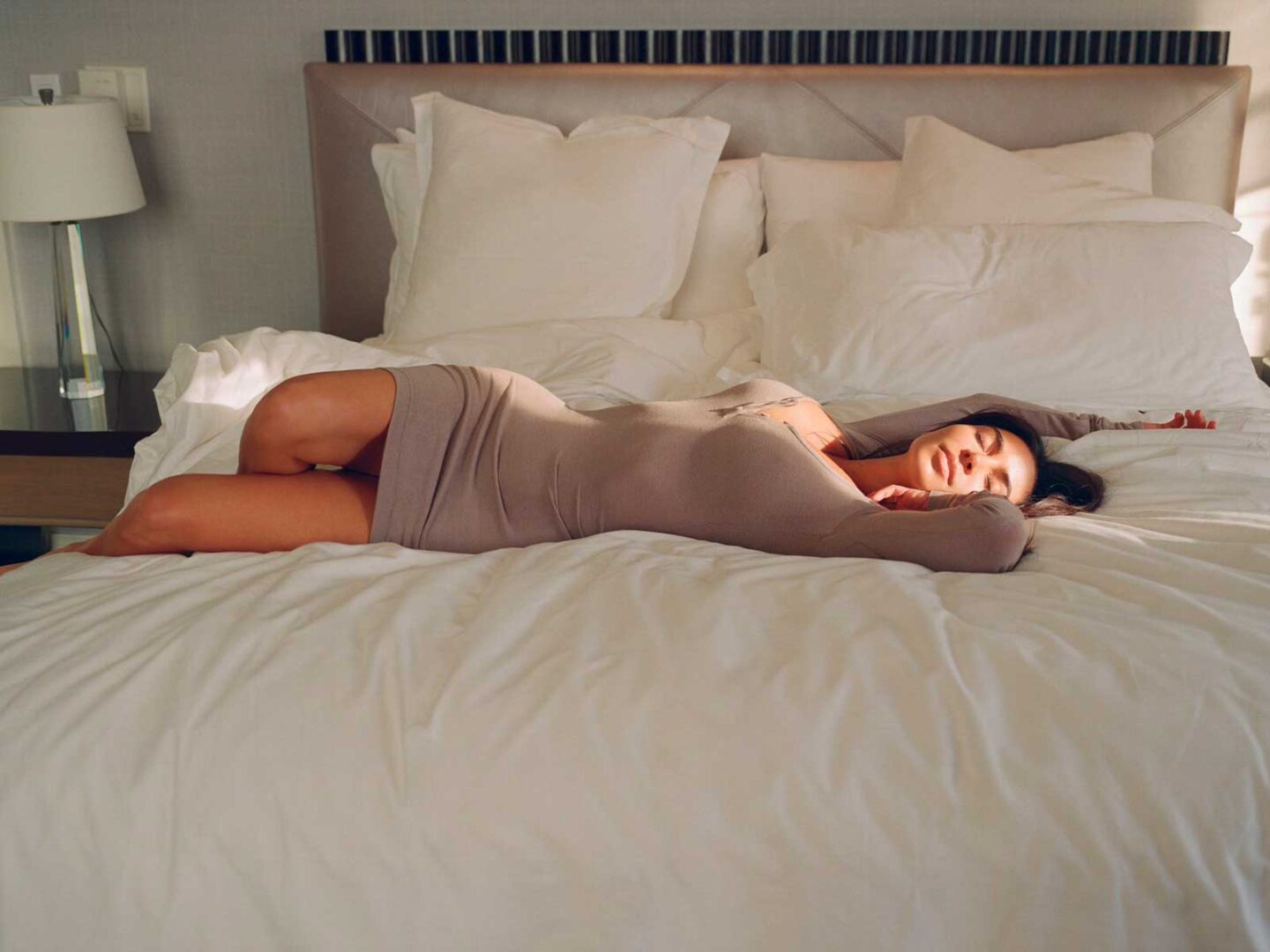Spain has been criticised a lot for its “siesta time” over the years, and now the benchmark country in labour productivity, Germany, recommends adopting the good Spanish habits.
In Spain and southern Europe, the siesta is considered one of the most deeply rooted customs. In other countries, however, it is not the custom to take a siesta at all. Now, Johannes Niessen, president of the German Association of Public Health Service Physicians, has suggested copying this habit and implementing the siesta in working hours during the summer months because of its many benefits.
“We should take a cue from the working practices of southern countries in hot weather. Getting up early, working productively in the morning and taking a siesta at midday is a concept we should adopt in the summer months,” said Johannes Niessen, president of the German Association of Public Health Service Physicians (BVÖGD).
He suggested napping as a way of coping with the heat because, he explained, “when the heat is intense, people are not as efficient as usual”. “Sleeping badly because of the heat causes concentration problems”. Doctor Susana Soler, from the Sleep Unit of the Hospital Vithas Valencia 9 d’ Octubre, recommends not to exceed one hour’s siesta so that it does not affect night-time rest.

What are the benefits of napping?
“The main benefit of short naps is that they counteract the physiological effects that occur in (the body) from the moment we wake up,” explains Guy Meadows, a specialist in sleep physiology and co-founder of The Sleep School. From the moment we wake up, “adenosine, a chemical in the brain that is a by-product of metabolism, starts to increase”.
“The longer you stay awake, the more adenosine builds up in your brain, which increases the feeling of sleepiness,” he says. “When we nap, we reduce adenosine, we metabolise some of it into our system, and that helps us increase our energy levels and feel more alert and awake,” says Meadows.
This helps to “improve our mood, to react (to stimuli) more quickly, to reduce the possibility of making mistakes and to focus and pay more attention to what we have to do”. The benefits he highlights refer to the benefits of short sietas (known in English as power naps, precisely because of the energy they provide), the duration of which should be between 10 and 20 minutes.
But if we are looking to improve our memory, creativity, perceptual functions or cognitive processes, a longer nap is required, says Sara Mednick, a sleep researcher. Longer naps – between 60 and 90 minutes – take us into REM sleep, and that deep sleep is “the same kind of sleep we get at night, so it has the same benefits”.

Sigue toda la información de HIGHXTAR desde Facebook, Twitter o Instagram
